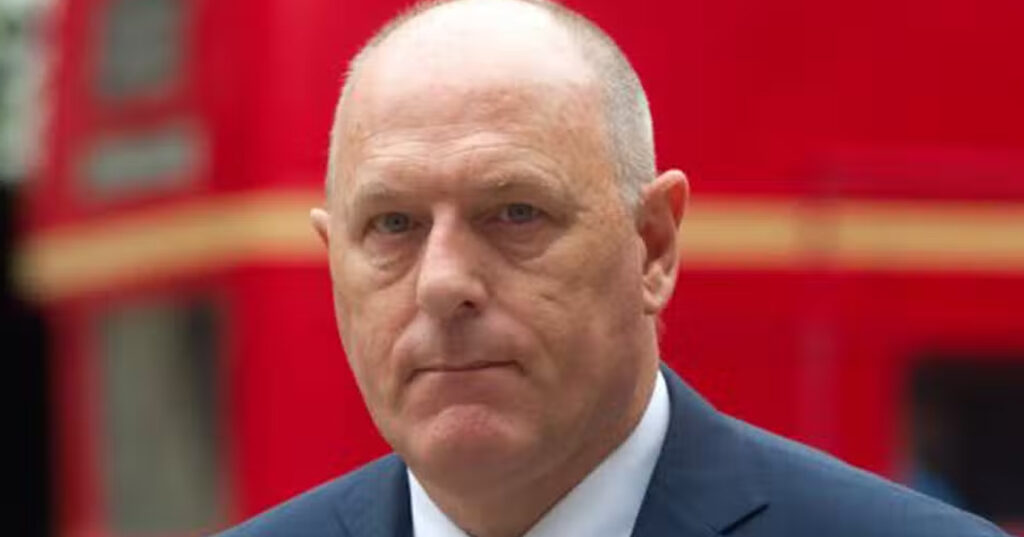
Peter Cruddas, the former Treasurer of the Conservative Party, is suing The Sunday Times for libel over its story four months ago that he offered access to David Cameron in return for large donations.
Mr Cruddas has filed a claim in the High Court against Times Newspapers Ltd and two journalists from the paper, Jonathan Calvert and Heidi Blake. He is seeking unlimited damages, including aggravated damages, for libel and malicious falsehood, along with an injunction preventing the newspaper from repeating its allegations. The news offers an opportunity to examine whether the party behaved appropriately when the story broke in March.
Soon after his appointment as Treasurer, Mr Cruddas had the misfortune to be the victim of an old-fashioned newspaper sting. Journalists from the Sunday Times set up a fake company, with a fake website and other subterfuge, in order to meet him in the guise of prospective donors to the party. Mr Cruddas walked into a carefully-laid trap: he found himself speaking to undercover reporters armed with hidden cameras and tape recorders.
On the afternoon of Saturday 24 March, Mr Cruddas learned of the story that would be published the next day. He alerted the party himself. After a couple of conversations early that evening with two senior Conservative press officers, Mr Cruddas was telephoned at 10pm by the party’s Co-Chairman, Lord Feldman.
The purpose of Lord Feldman’s call was to secure the immediate departure of Mr Cruddas as Treasurer. By midnight, the party had drafted a resignation statement, and the Prime Minister was soon telling the BBC that Mr Cruddas’s behaviour was “completely unacceptable”. Other senior party figures went on parade to echo the sentiment.
The Chairman’s job is to protect the political interests of the party as he sees them, and he was faced with an explosive front-page story – an apparently cut-and-dried case, supported with secret recordings, of businessmen being offered meetings with the Prime Minister in return for a £250,000 donation to the party.
But the case against Mr Cruddas was not as cut and dried as it was made to appear – as his action against the Sunday Times will seek to demonstrate. The Electoral Commission announced in May that it had found no evidence that he broke the law on political donations, and would not be opening an investigation. And while one can see why Lord Feldman felt resignation was the only option on the night in question, the party’s wider treatment of Mr Cruddas does it no credit.
I am told that on the night the story broke, Lord Feldman was far from supportive or sympathetic towards Mr Cruddas, even though the Treasurer repeatedly told him the Sunday Times had misrepresented what happened, as the full tape would make clear. Lord Feldman told him the Prime Minister was “very upset” by what happened and that what he had done was “very bad”. He poured salt into the wound by adding that Mr Cruddas had “ruined seven years of hard work in protecting our donors and the party”.
At a stroke, the huge contribution Mr Cruddas had made to the Conservative Party was forgotten. This is hugely regrettable. He has been an extremely generous supporter over many years, with both his time and money. Between 2009 and March 2012 he gave over £1 million to the party. He agreed at short notice to be Treasurer of the ‘No to AV’ campaign, to which he donated another £630,000 – more than a fifth of the total amount raised. Through the Peter Cruddas Foundation he has donated enormous sums to charity, including substantial amounts to causes close to the Prime Minister’s heart. He has given over £500,000 to a think tank in the interests of helpful political research.
Despite this, I understand that not a single Minister or Tory MP has written, called, or sent a message to him since 24 March. Though the Sunday Times story made it impossible for him to continue as Treasurer, surely an individual should be offered the benefit of the doubt by his friends, colleagues and associates.
Given Mr Cruddas’s legal action, the Conservative Party should consider suspending the internal inquiry it established, under Lord Gold, to look into funding in general and the allegations against Mr Cruddas in particular. It would seem inappropriate for Mr Cruddas to give evidence to Lord Gold while his libel action is pending.
In the days after his resignation, Mr Cruddas deserved to be bowled over by a torrent of letters, emails and calls thanking him for his immense contribution to the party. Instead he heard himself castigated by senior Tories who will be forced to eat their words – and perhaps even consult their own lawyers – if he wins his case against the newspaper that set him up.



